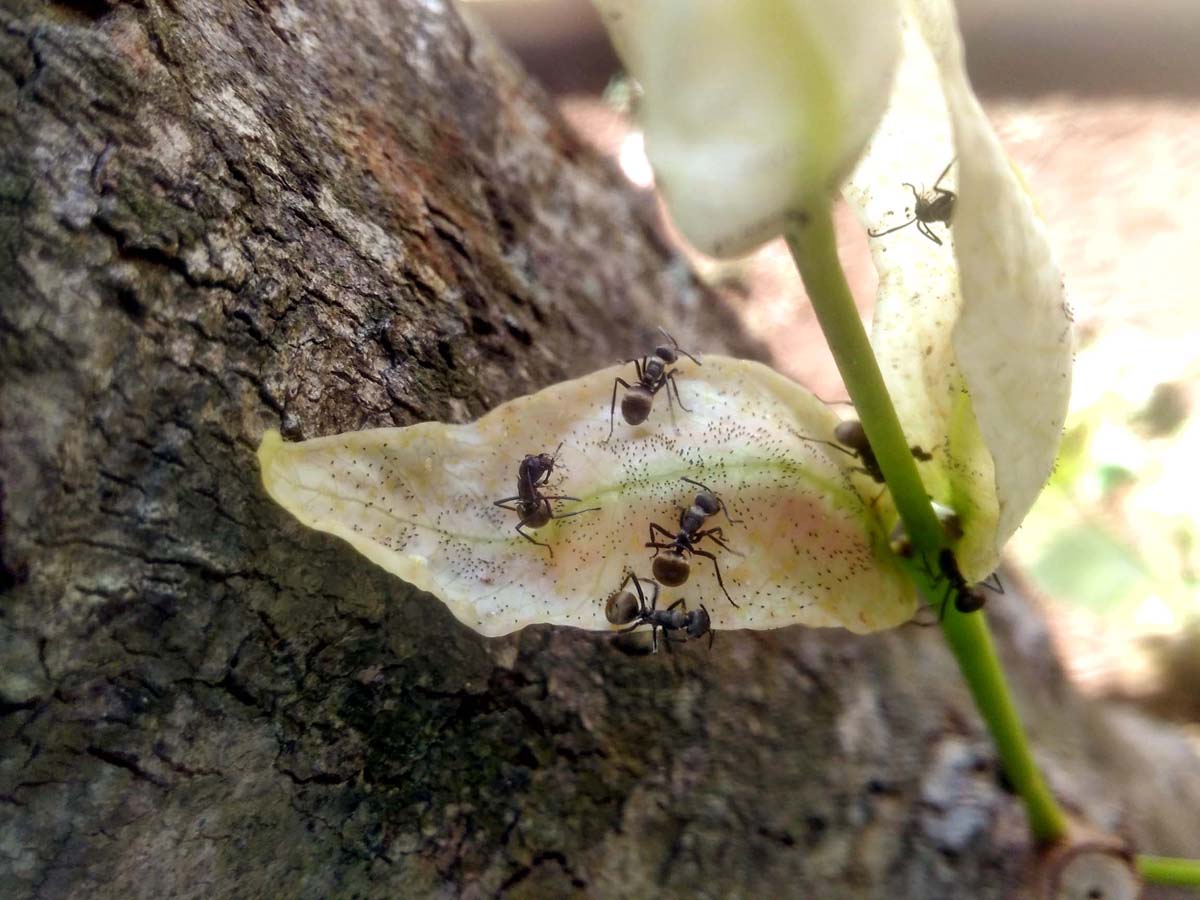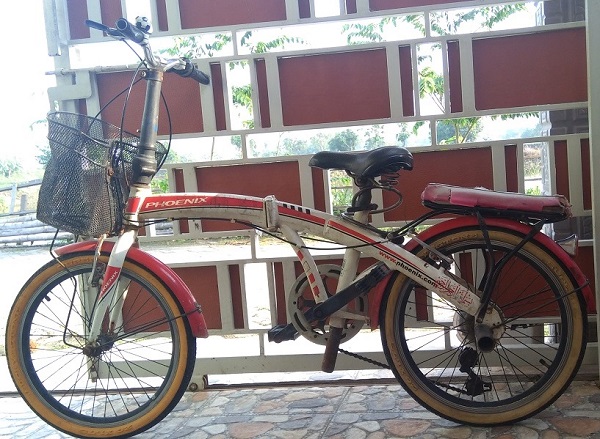The pandemic has been going for seven months now, particularly here in Indonesia. The deathly virus has significantly impacted both health and economic sector of global scale. Not only have people been distressed at their endangered wellness but also by the likely collapsing economy. Making money is getting more difficult today. Things have been spinning around fugazi, making everyone to be uncertain of future that they make ends meet even more onerously.
However, people in Javanese villages have not seemed to be concerned about the hazardous virus as they have something to cling on. It is neither material belonging nor a matter of physical presence. It is a belief that is nurtured from a popular catchphrase. Obah, mamah is a prevalent expression among Javanese as it constitutes spiritual strength and confidence.
Obah, mamah literally means to move, to chew, that indicates a physical activity. Javanese believe that in times of crisis opportunities are still numerous. We live in a bountiful earth and so there's always a reason to live in great optimism. As long as we're willing to act and do something that exert ourselves -- coupled with determination -- we'll certainly find something to eat (mamah).
While threatening our life viciously, the pandemic has undoubtedly presented a major economic problem to us. Physical distancing and limited interaction have no wonder become hindrance that keeps economic activities jammed. This leads to several consequences that are somehow unparalleled to what we have faced before, with or without serious anticipation.
So whenever you find yourself in impossible situations, be assured there's always a way to elevate your life with one condition: you must coerce (obah) yourself into doing whatever it takes to allow you to eat (mamah), for you and your family.




















